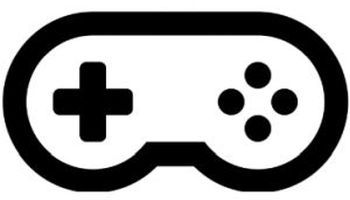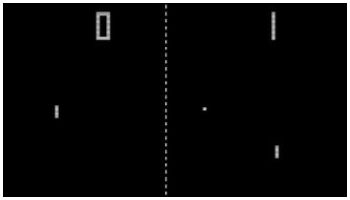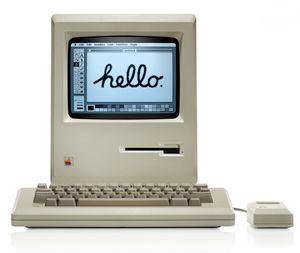The US Copyright Office and the Library of Congress have ruled that museums and libraries may now disable digital rights management (DRM) software when attempting to preserve video games available for defunct platforms.
The rule is officially known as the “Exemption to Prohibition on Circumvention of Copyright Protection Systems for Access Control Technologies,” and a very quick summary is available at Polygon:
This week the Library of Congress and the U.S. Copyright Office revised its list of specific exceptions to the Digital Millennium Copyright Act, also known as the DMCA. Their guidance reaffirms the rights of software preservationists to circumvent digital rights management (DRM) software, in some cases expanding their ability to revive older games. It also opens the door, legally speaking, to do-it-yourselfers and electronics repair outlets to break DRM in pursuit of fixing hardware.
A more thorough analysis of the ruling, specifically detailing how it’ll effect preservationists looking to bring back early versions of MMOs like EverQuest and World of Warcraft, is available at Motherboard:
Today’s news should be good for archivists and museums, who’ve long struggled with the best way to preserve video games such as Everquest or World of Warcraft. Multiplayer games like these require both software that players run on their computers locally, and software running on a company’s server—software that is much harder for historians to get their hands on and run. And when they do manage to get an independent server running, big game companies like Blizzard have taken legal action against people running unauthorized servers.
This is a great day for anyone interested in the history of games, and for all the historians and librarians working to preserve the classics for the next generation.




